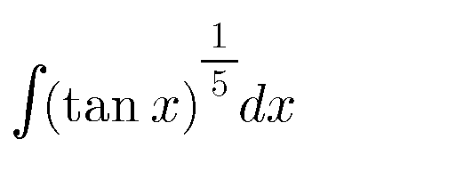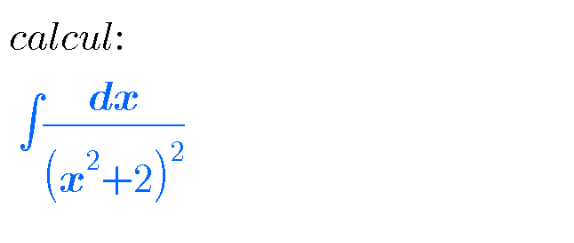
IntegrationQuestion and Answers: Page 166
Question Number 100026 Answers: 1 Comments: 0
Question Number 99831 Answers: 0 Comments: 0
Question Number 99824 Answers: 1 Comments: 0
Question Number 99820 Answers: 0 Comments: 0
Question Number 99818 Answers: 2 Comments: 0
Question Number 99779 Answers: 1 Comments: 2

Question Number 99707 Answers: 4 Comments: 1
$$\int_{−\infty} ^{\infty} \mathrm{e}^{−\mathrm{x}^{\mathrm{2}} } \mathrm{dx}=? \\ $$
Question Number 99679 Answers: 0 Comments: 1

Question Number 99578 Answers: 2 Comments: 0
Question Number 99576 Answers: 2 Comments: 0
Question Number 99557 Answers: 1 Comments: 0
Question Number 99541 Answers: 3 Comments: 0
Question Number 99536 Answers: 0 Comments: 0
Question Number 99516 Answers: 1 Comments: 0

Question Number 99504 Answers: 4 Comments: 0

Question Number 99496 Answers: 1 Comments: 0
Question Number 99421 Answers: 0 Comments: 0

Question Number 99413 Answers: 1 Comments: 0
Question Number 99403 Answers: 1 Comments: 1
Question Number 99326 Answers: 1 Comments: 0

Question Number 99315 Answers: 0 Comments: 0

Question Number 99278 Answers: 0 Comments: 0
Question Number 99261 Answers: 1 Comments: 0
Question Number 99239 Answers: 2 Comments: 0
Question Number 99234 Answers: 1 Comments: 0
Question Number 99228 Answers: 1 Comments: 0
Pg 161 Pg 162 Pg 163 Pg 164 Pg 165 Pg 166 Pg 167 Pg 168 Pg 169 Pg 170
